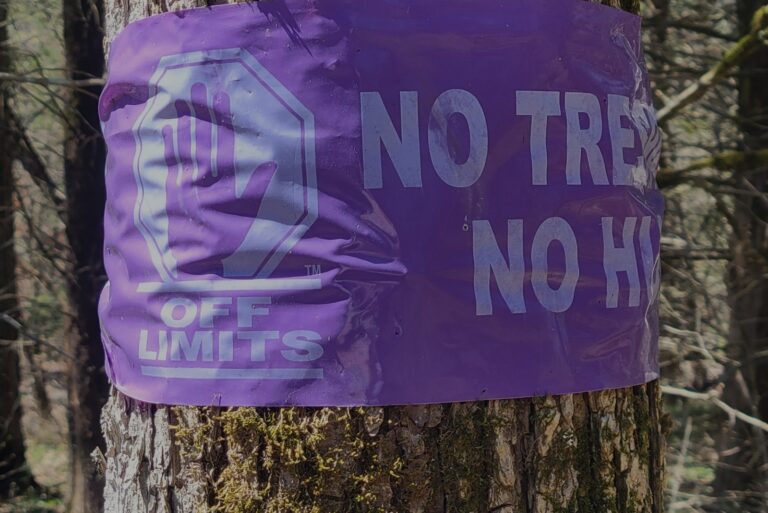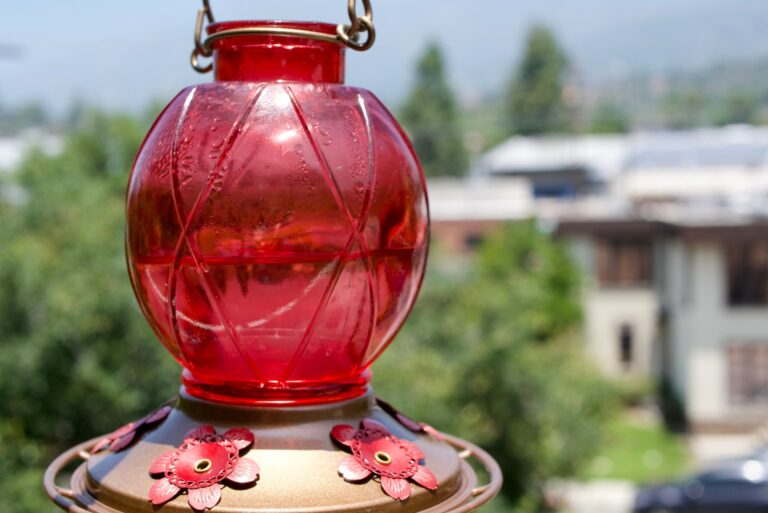What To Do If You Find A Baby Squirrel In Your North Carolina Yard
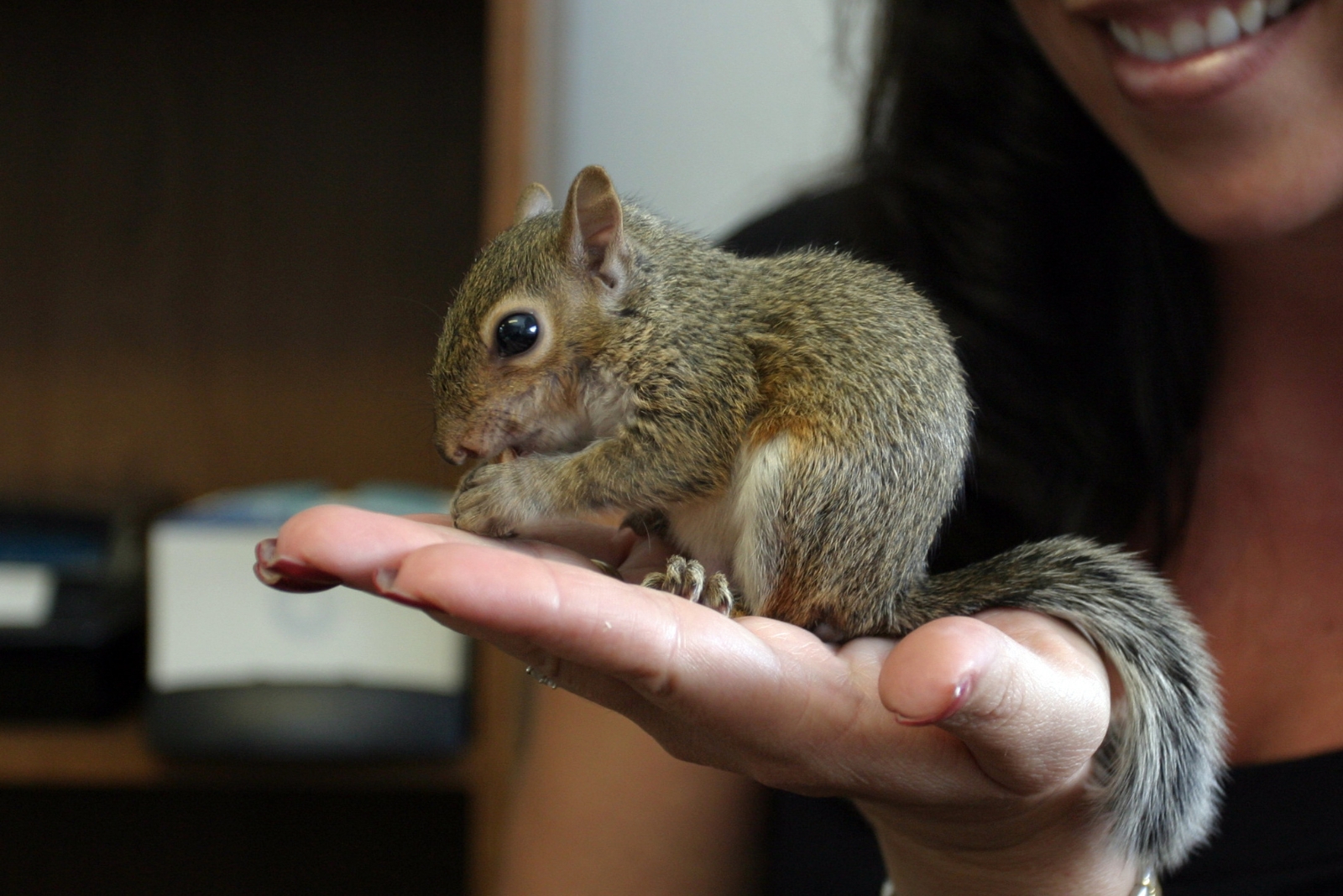
Finding a baby squirrel in your North Carolina yard can be both exciting and concerning. These tiny woodland creatures often need our help when separated from their mothers or injured.
Knowing the right steps to take can make the difference between life and death for these vulnerable animals, while also keeping you safe and following state wildlife regulations.
1. Check If The Squirrel Actually Needs Help
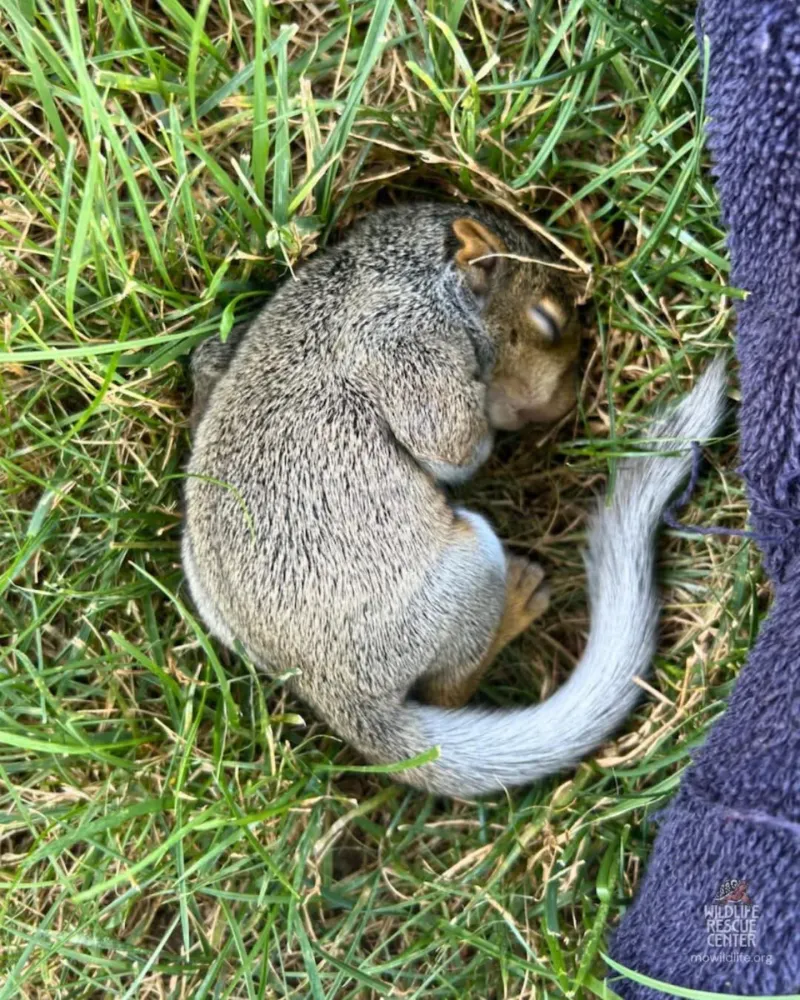
Not every baby squirrel needs rescuing! Mother squirrels often leave their babies alone while gathering food. If the little one appears healthy, uninjured, and has a fluffy tail, it might be old enough to be on its own.
Place it at the base of a nearby tree and watch from a distance. Mom squirrels will usually return within a few hours to retrieve their babies if they’re nearby.
2. Create A Temporary Safe Space
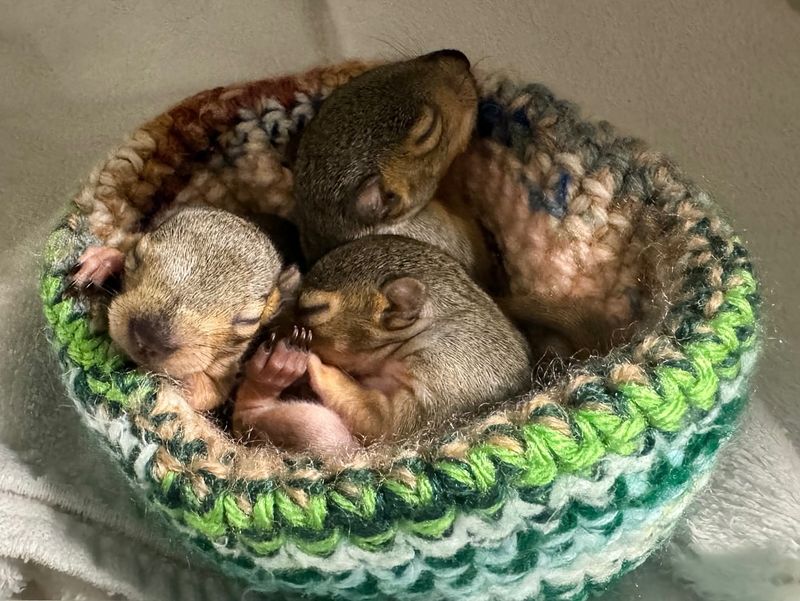
If the baby needs help, grab a small box and line it with soft cloth. Poke air holes in the lid and place a clean sock or t-shirt inside to create a makeshift nest. The familiar texture mimics their natural environment.
Keep the box in a warm, quiet spot away from children and pets. A heating pad set on LOW under half the box provides gentle warmth they need to survive.
3. Warm The Baby Squirrel Gradually
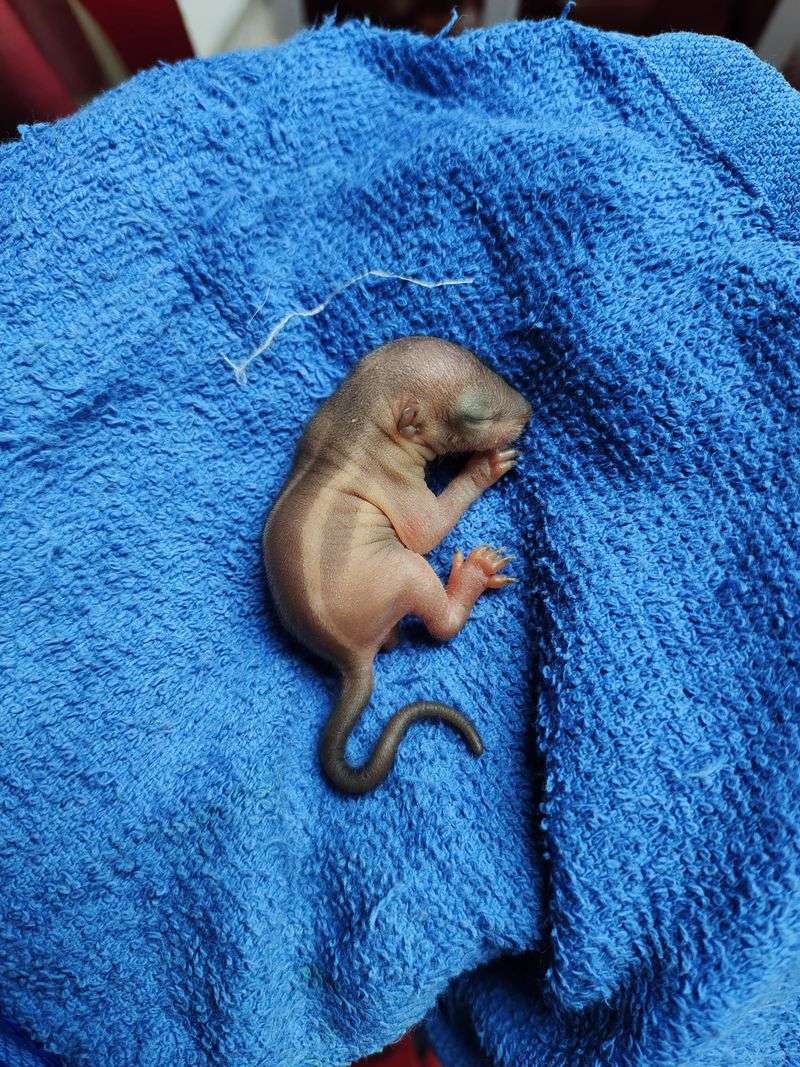
Cold baby squirrels can’t digest food properly! Before offering anything, ensure the little one is warm to the touch. Place a heating pad set to LOW under half of the container, allowing the squirrel to move away if too warm.
Alternatively, fill a sock with uncooked rice, heat it in the microwave for 30 seconds, and place it next to the baby. Never apply direct heat to prevent burns.
4. Keep Dogs And Cats Away
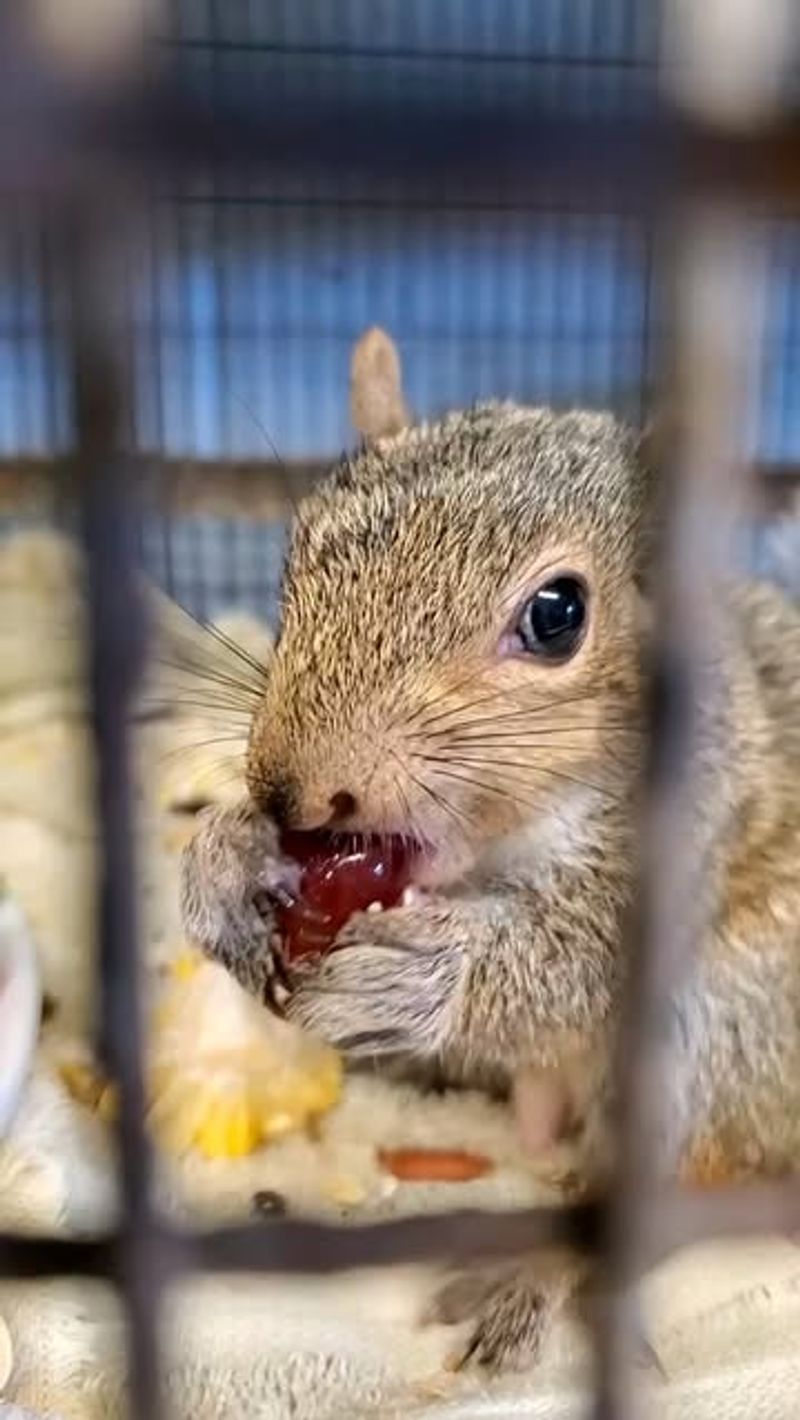
Your furry friends might see the baby squirrel as either prey or a fascinating toy. Even gentle pets can harm wildlife unintentionally through rough play or bacteria in their saliva.
If your pet found the squirrel, examine it carefully for puncture wounds or wet fur that might indicate it was in your pet’s mouth. Keep the rescue box in a separate room with the door closed for everyone’s safety.
5. Contact A North Carolina Wildlife Rehabilitator Immediately
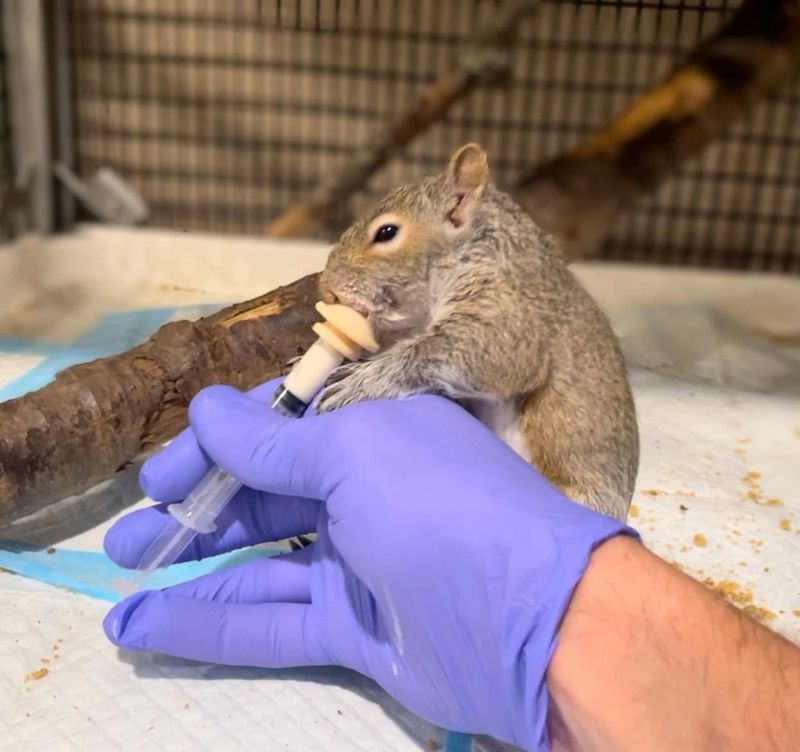
North Carolina law prohibits keeping wildlife without proper permits. Call a licensed wildlife rehabilitator right away – they’re trained experts who know exactly what baby squirrels need.
The NC Wildlife Resources Commission maintains a list of rehabilitators by county on their website. Save their number in your phone now for future wildlife emergencies. Most rehabilitators volunteer their time and resources, so consider offering a donation.
6. Offer Proper Emergency Hydration
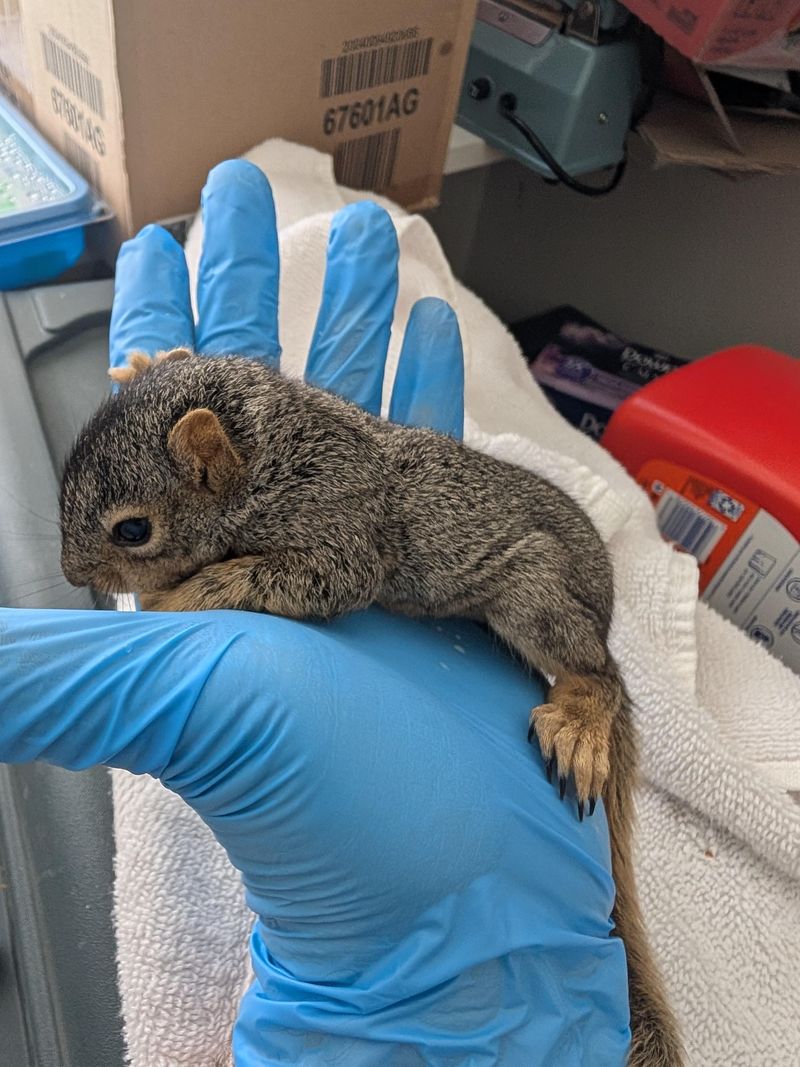
Dehydration kills quickly! If you can’t reach a rehabilitator immediately and the squirrel seems lethargic, you can offer Pedialyte (unflavored) as emergency hydration using a small syringe without a needle.
Never use milk, which causes fatal diarrhea in squirrels. Drop tiny amounts on the side of their mouth, allowing them to lick it at their pace. Never force-feed liquids as they could aspirate and develop pneumonia.
7. Transport Safely To The Rehabilitator
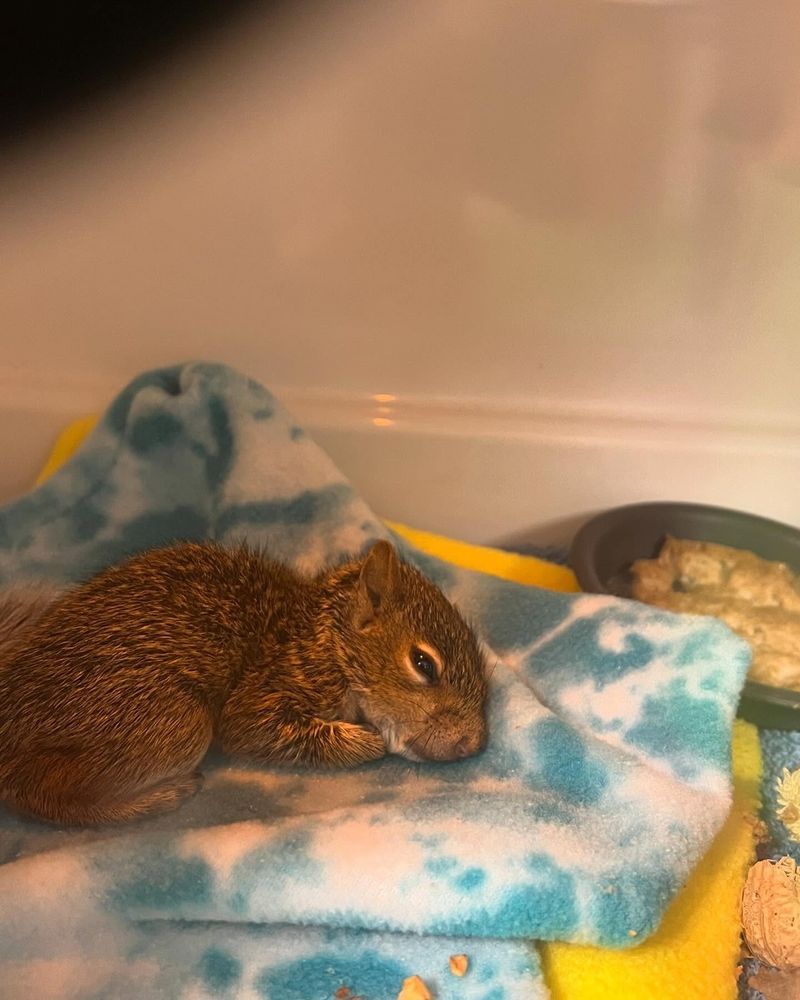
When you’ve arranged a meeting with a wildlife rehabilitator, transport the baby squirrel in its makeshift nest box. Secure the lid with tape but ensure there are plenty of air holes.
Keep the car quiet – no loud music or excessive talking. Drive smoothly to minimize stress on the tiny passenger. Place the carrier on a heating pad if the journey is longer than 30 minutes to maintain proper body temperature.
8. Document Where And When You Found It
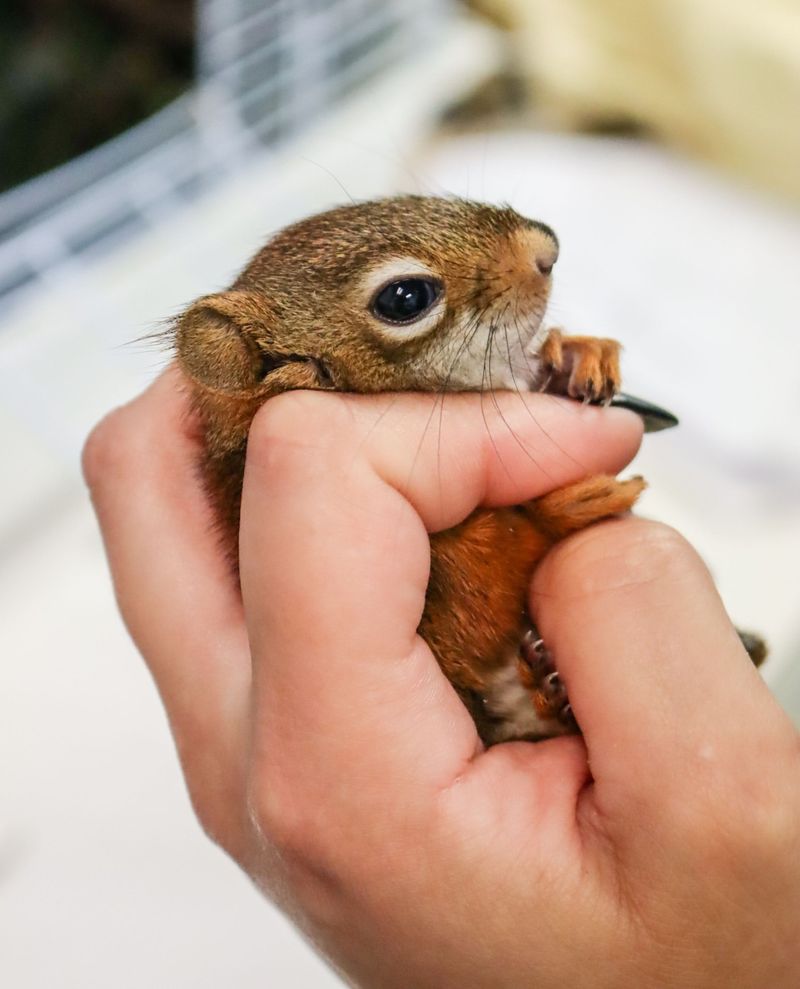
Playing wildlife detective helps rehabilitators! Note exactly where you found the squirrel, the time of day, and any observations about its condition or behavior. Take photos of the location if possible.
This information helps rehabilitators determine the squirrel’s age, species, and eventual release location. North Carolina has both gray and fox squirrels, which may require different care approaches. Your observations make a significant difference in their treatment plan.
9. Avoid The Temptation To Keep It As A Pet
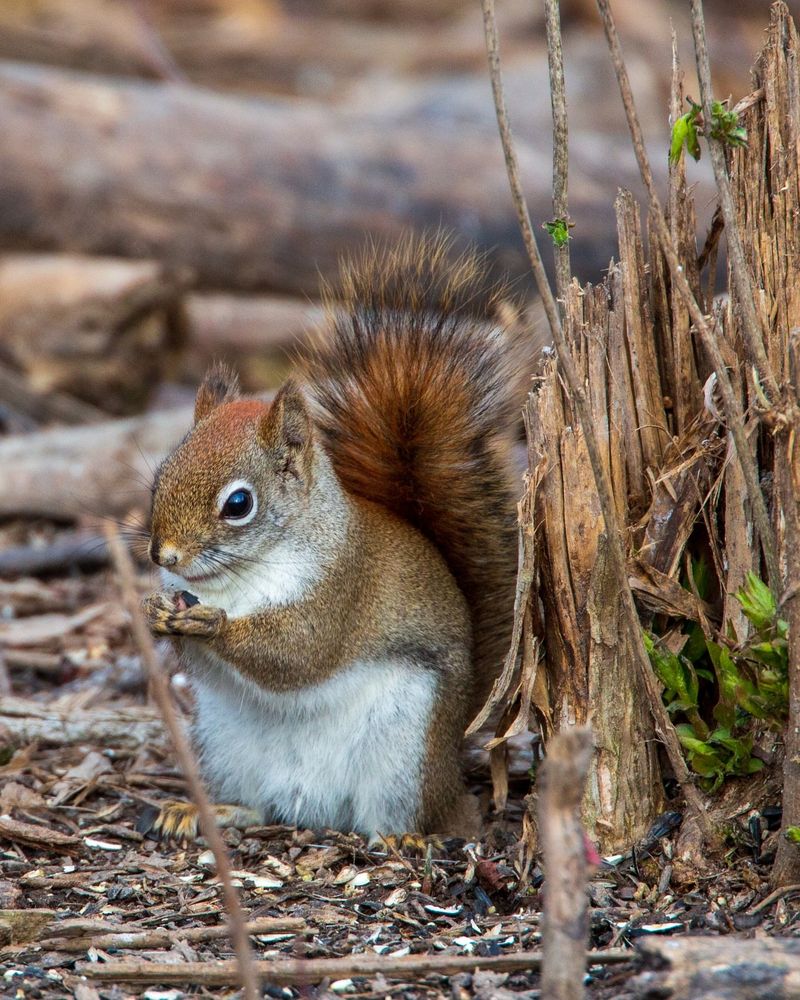
Those big eyes and tiny paws might make you want to raise the squirrel yourself. Resist this urge! Wild animals make terrible pets and it’s illegal in North Carolina to keep wildlife without proper permits.
Baby squirrels grow into adults with strong teeth, specific nutritional needs, and natural behaviors that don’t fit household life. They deserve the chance to live as nature intended, climbing trees and gathering nuts in North Carolina forests.
10. Consider Making A Donation To Wildlife Rehabilitation
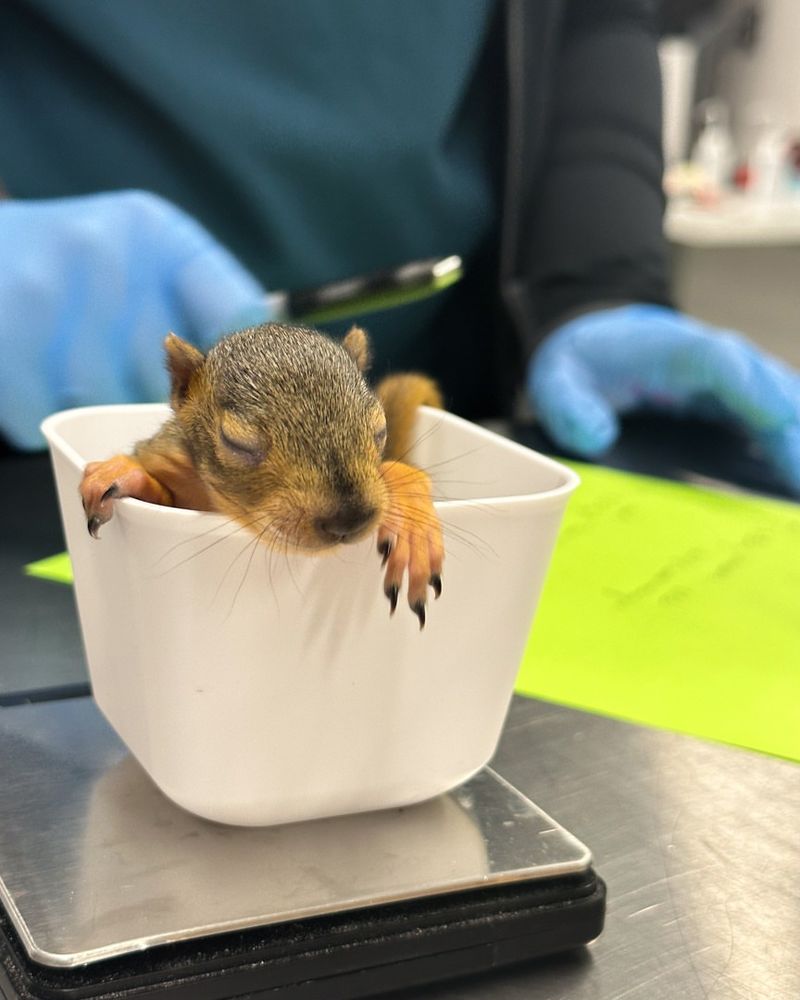
Wildlife rehabilitators operate mostly on volunteer power and donations. The special formula, medical care, and housing needed for baby squirrels costs money that comes straight from rehabilitators’ pockets.
Even a small donation helps continue their important work saving North Carolina wildlife. Many offer the option to sponsor the animal you found or receive updates on its progress. Your contribution ensures other wild babies get second chances too.


